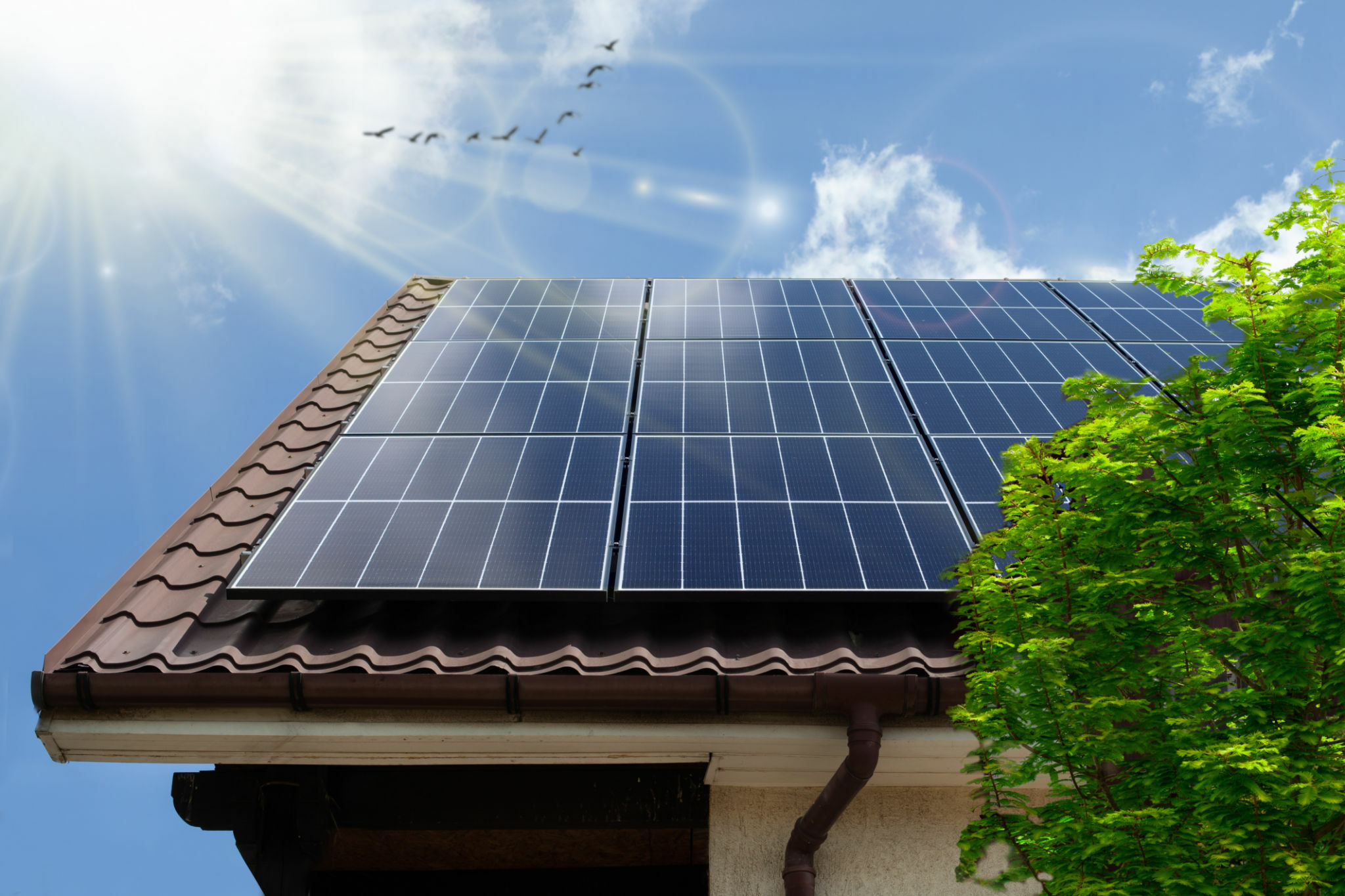In the ever-evolving landscape of renewable energy, solar power stands out as a beacon of hope for a sustainable future. Solar panels, the backbone of this eco-friendly revolution, have come a long way since their inception. As technology advances, the need for upgrading and replacing solar panels becomes essential to ensure maximum efficiency and environmental impact.
In this comprehensive guide, we will explore the reasons behind replacing solar panels, the latest advancements in solar technology, and how it contributes to a greener planet.
Importance of Replacing Solar Panels
Technological Advancements:
- As with any technology, solar panels continue to evolve. The panels installed a decade ago may not harness sunlight as efficiently as the latest models. Technological advancements in solar cells, inverters, and energy storage systems have paved the way for more efficient and durable solar panels.
Increased Efficiency:
- Modern solar panels boast higher efficiency rates, meaning they can convert more sunlight into electricity. Upgrading to newer models can significantly increase the overall output of your solar power system, making it a wise investment for both residential and commercial setups.
Warranty Expiration:
- Solar panels typically come with warranties that guarantee their performance for a certain number of years. Once the warranty period expires, the risk of unexpected issues increases. Replacing solar panels before the warranty expires ensures continued protection and performance.
Environmental Impact:
- Older solar panels may contain materials that are less environmentally friendly than those used in newer models. Upgrading to eco-friendly solar panels not only benefits the planet but also aligns with the global push for sustainable practices.
How to Replace Solar Panels:
Assessment and Planning:
- Before replacing and getting new solar panels installed, conduct a thorough assessment of your current system. Consider factors such as panel condition, age, and overall system performance. With this information, you can create a well-informed plan for the replacement process.
Choose the Right Technology:
- Research the latest solar panel technologies and choose the one that best fits your needs. Consider factors such as efficiency, durability, and compatibility with your existing setup. Consult with a professional solar installer for expert advice tailored to your specific requirements.
Work with Certified Installers:
- Replacing solar panels is a complex task that requires expertise. Work with certified solar installers who have experience with the latest technologies. They can ensure a seamless transition, minimizing downtime and maximizing the benefits of your new solar panels.
Recycle Old Panels Responsibly:
- Recycling old solar panels is crucial for minimizing environmental impact. Many components of solar panels, such as glass and aluminum, can be recycled. Collaborate with recycling programs or contact your solar panel manufacturer to inquire about responsible disposal options.
Summing Up
As the world shifts towards a more sustainable future, replacing solar panels becomes a key component of staying at the forefront of renewable energy technology. Embracing the latest advancements in solar technology not only improves energy efficiency but also contributes to a cleaner, greener planet. If you’re considering replacing your solar panels, consult with experts, explore the latest innovations, and make a positive impact on both your energy savings and the environment.
Feel free to get in touch with Forever Green Energy – Your trusted partner for sustainable energy solutions.
